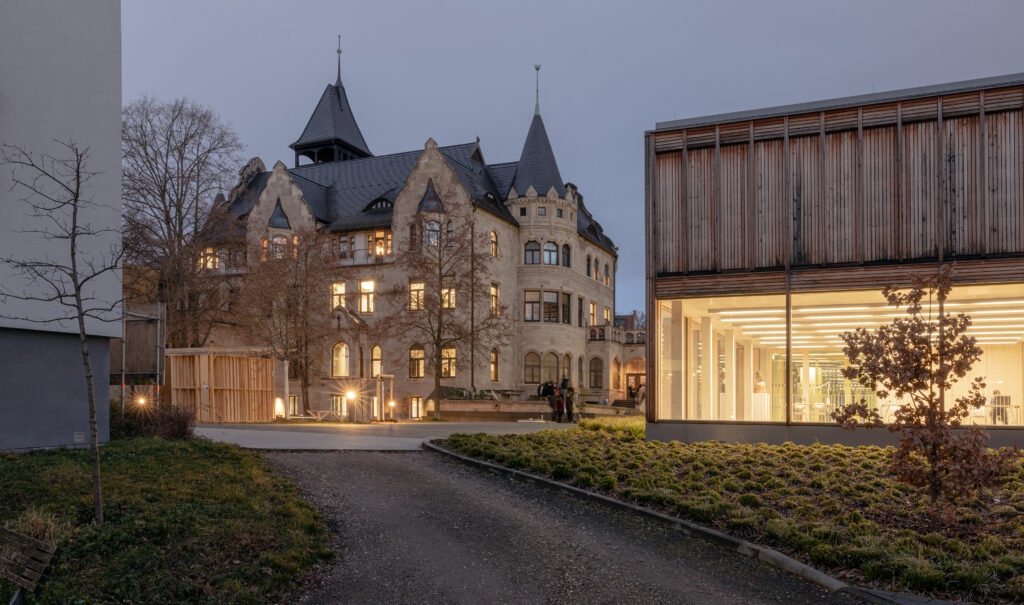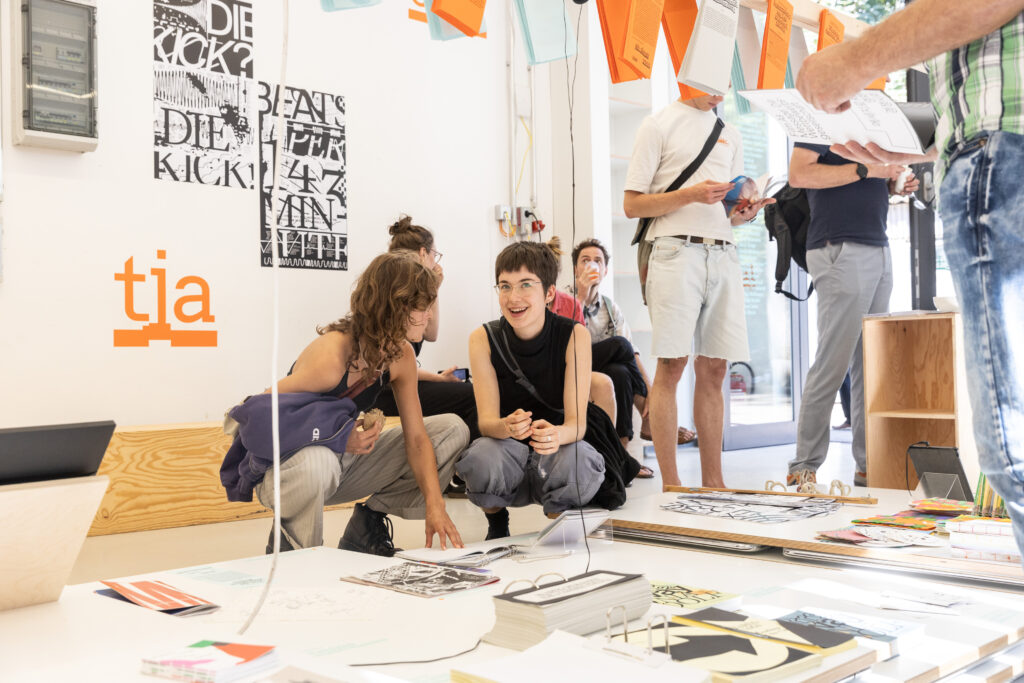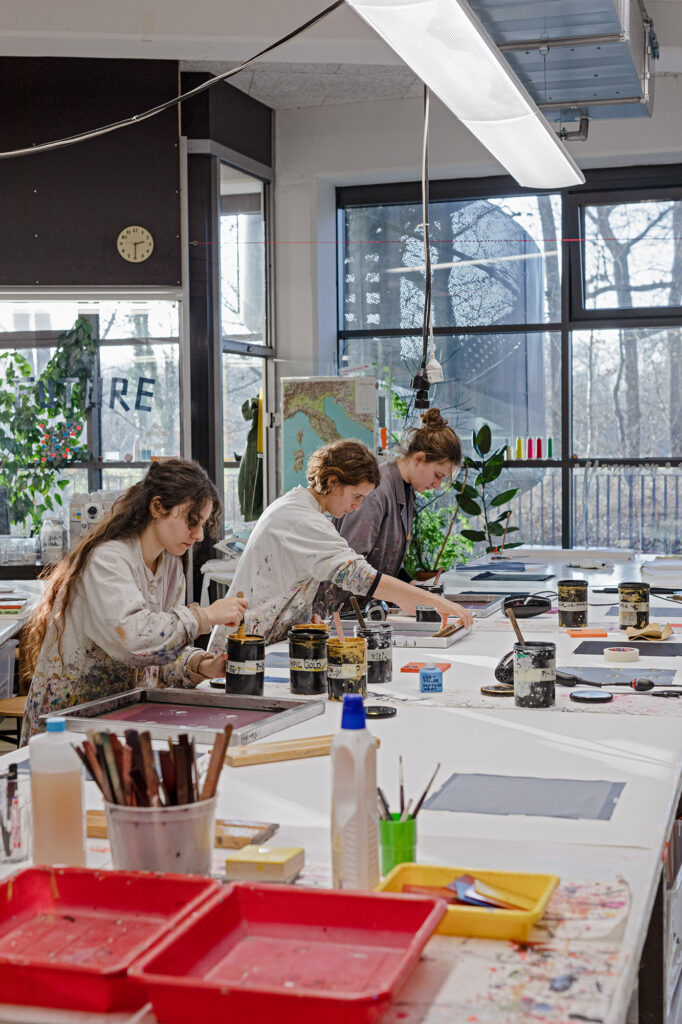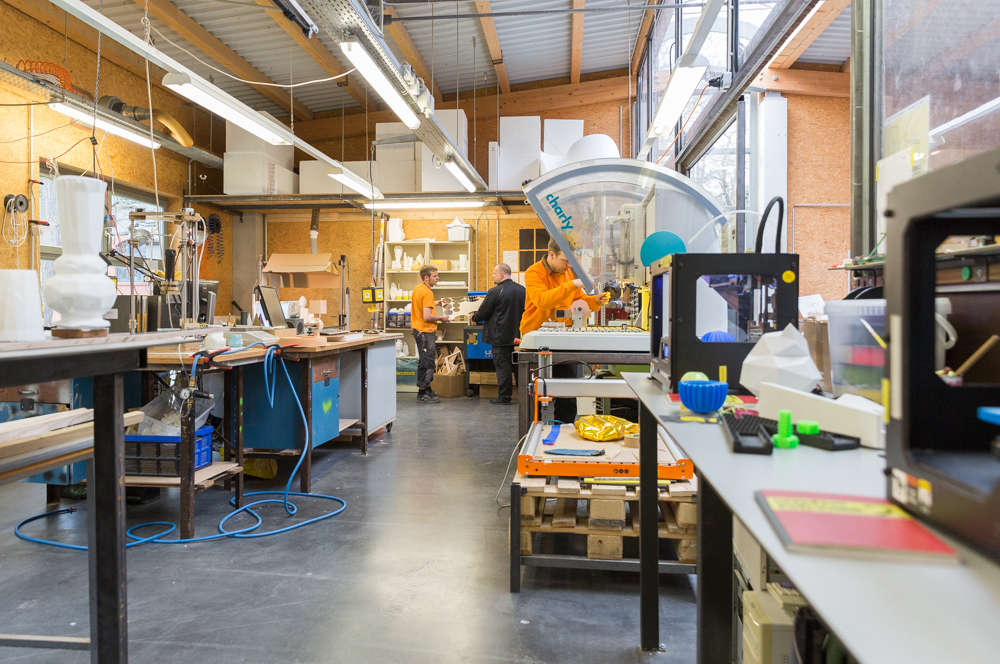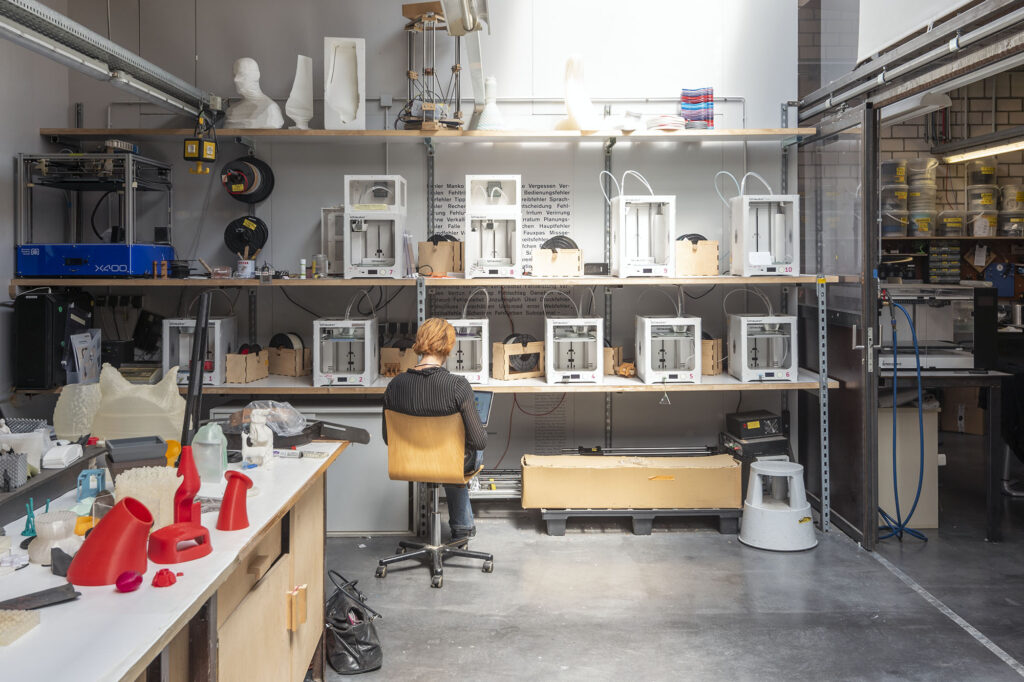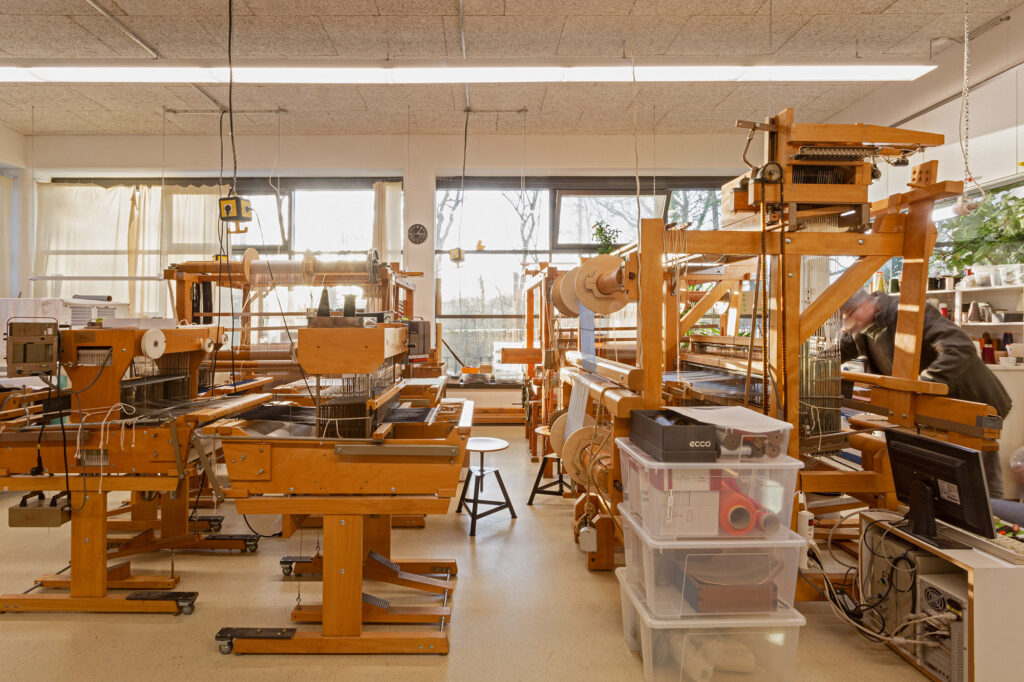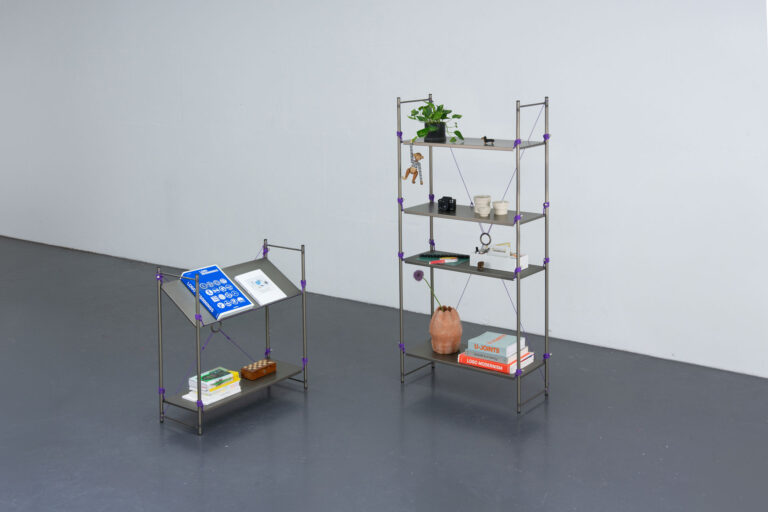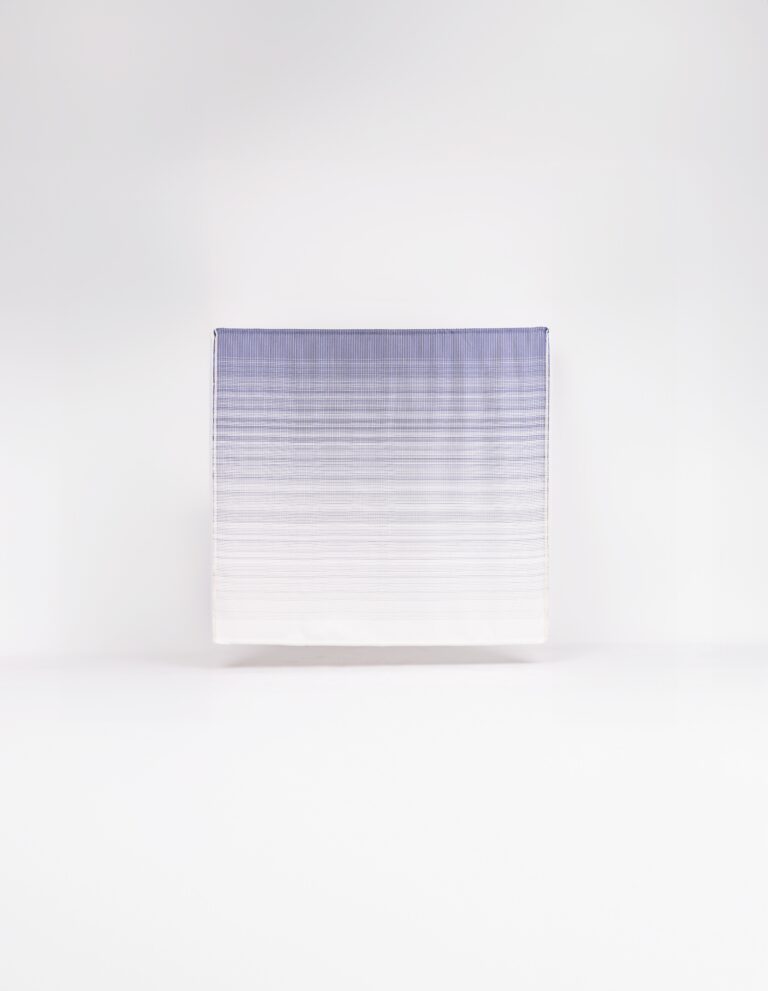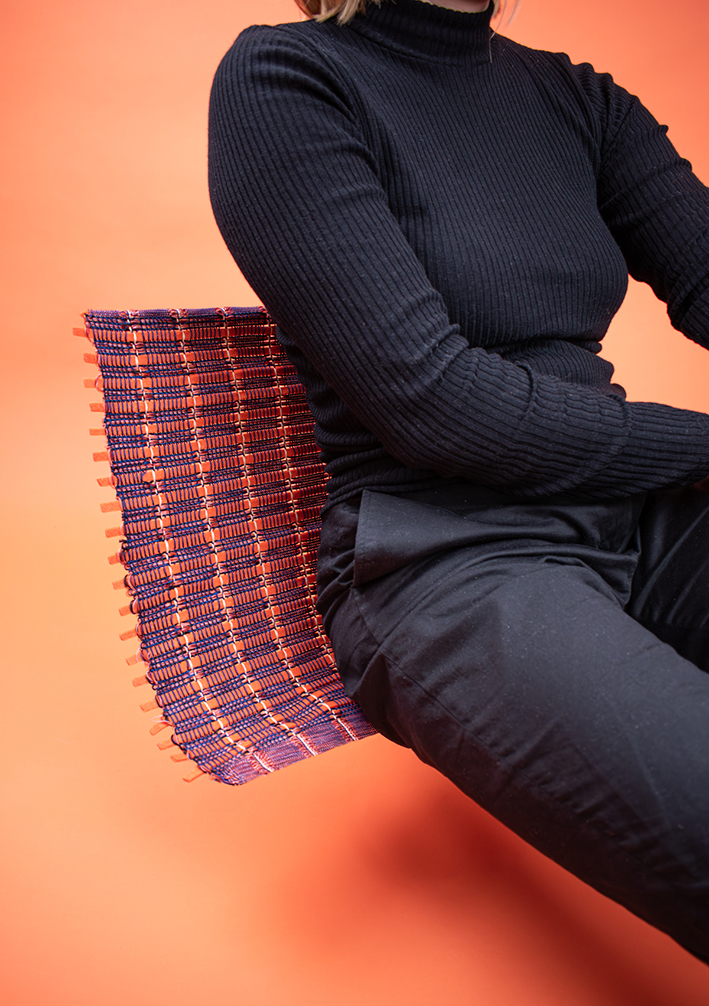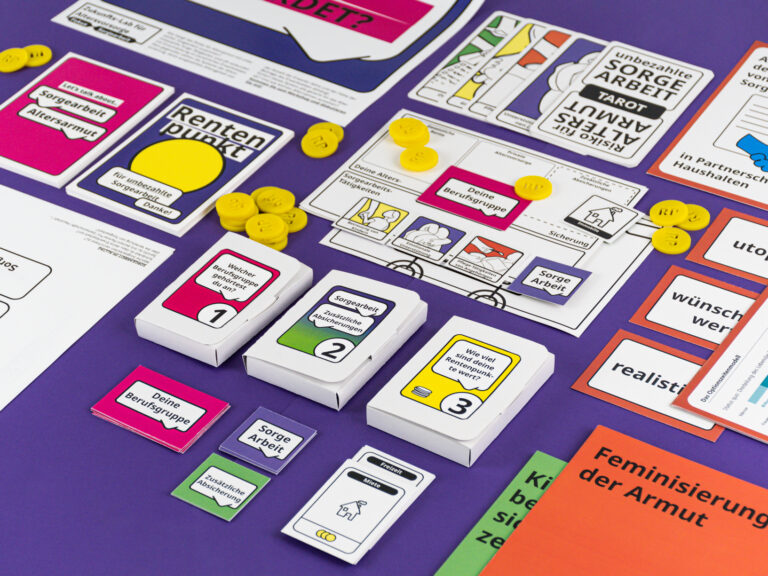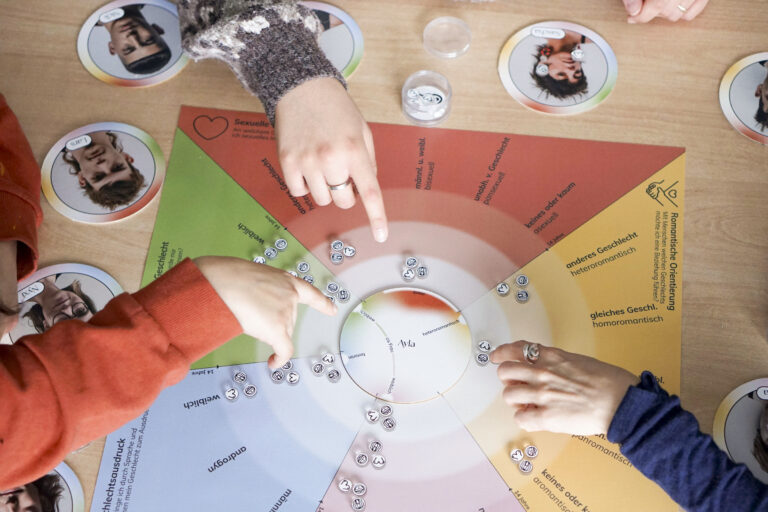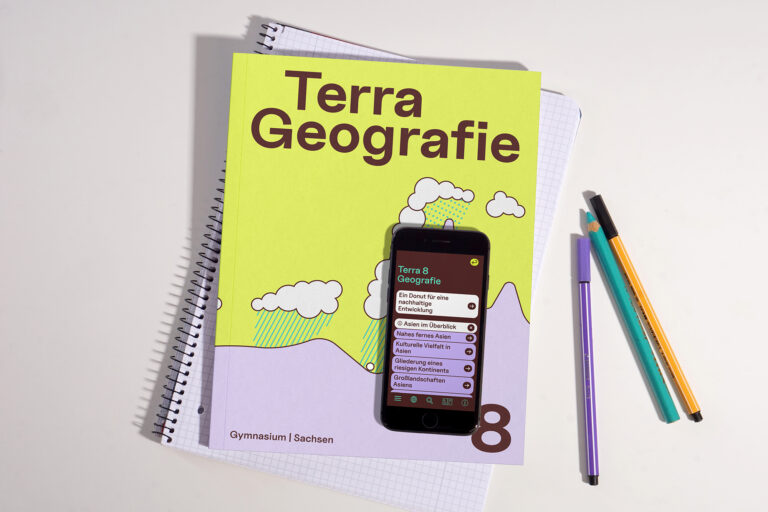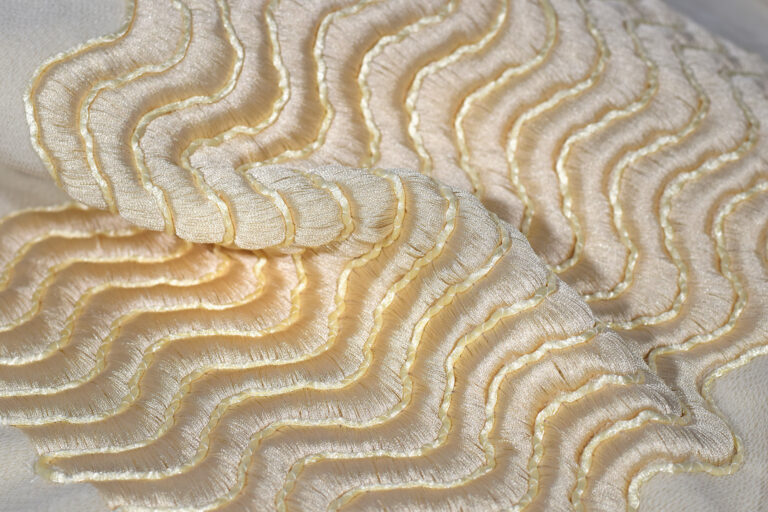Burg Giebichenstein University of Art and Design Halle
Founded in 1915, the Burg Giebichenstein University of Art and Design has an incomparable profile in Germany, with excellent educational and study conditions in its art and design faculties. With over 1,100 students, it is one of the largest art universities in the country. Visionary thinking and design are promoted in more than 20 fields of study, as is the development of professional vocational skills. The university provides an outstanding academic environment for learning and research, featuring studios, a wide range of specialized workshops, and BurgLabs dedicated to sustainability, biotechnology, artificial intelligence, and robotics, complemented by a comprehensive library and materials collection. Additionally, the Designhaus Halle, located on campus, serves as a center for entrepreneurial support and start-up development for graduates.
Burg Giebichenstein University of Art and Design Halle offers Bachelor’s and Master’s degrees in design. The university also has the right to award doctoral degrees in both faculties.
Design Faculty
Study structure
A special feature of BURG is the well-founded, interdisciplinary foundation courses. In the first two semesters, students from all design degree programmes are trained together in design and artistic fundamentals. From the second year of study onwards, students continue their studies in the respective specialisation in cross-semester design projects for Bachelor’s and Master’s degrees.
This is accompanied by lectures and seminars on design theory, art, design and architectural history as well as philosophy, design anthropology and aesthetics.
Equipment and facilities
In addition to the studios, BurgLabs and workshops (specialising in wood, metal, textiles, ceramics, biotechnology and modern additive processes, for example), BURG also has a media centre and a library with a collection of materials. The Designhaus Halle on the Design Campus is also a centre for business start-ups after graduation.
study programmes
Communication Design
The Communication Design degree programme is a project-oriented course with various specialisations: Illustration, Information Design, Intermedia Design, Photography and Type and Typography. The focus lies on translating knowledge and access to the world into messages, information and narratives, and on developing specific media-based solutions to different problems. Visual Strategies and Stories is the advanced Masters programme.
Communication Design
@illustrationburg
@burgtypo
@_studiengruppe
@intermedialegestaltung
@contextual_images
Industrial Design
Industrial Design
How do we want to live? How do we want to work? And how do we want to produce and consume? Studying Industrial Design at Burg Giebichenstein University of Art and Design Halle means seeking creative and design-oriented answers to these questions. The students develop sustainable design solutions for an increasingly living environment. They design porducts and processes as a contribution to a sustainable everyday culture. The Master’s programme Industrial Design deepens the engagement with design-related topics.
Product Design/Ceramics and Glass
The Product Design/Ceramic and Glass Design study programme focuses on porcelain, ceramics and glass and combines creative innovation and an experimental approach to materials. Students work in the course’s excellently equipped workshops for plaster and porcelain, in the joint studio and in partner glassworks. Product Design and Design of Porcelain, Ceramics and Glass is the advanced Master’s programme.
Product Design/Ceramic- and Glass
@burg_keramikglasdesign
Design of Playing and Learning
Rethinking space, developing scenery or mobile micro-galleries, but also designing and building a piece of furniture: The Bachelor’s degree programme in Interior Design at the BURG addresses new fields of activity as well as traditional ones and provides scope for the requirements of the constantly changing job profile. In addition, the Master’s programmes in Interior Architecture and Furniture and Interior Design are also offered.
Interior Architecture
Rethinking space, developing scenery or mobile micro-galleries, but also designing and building a piece of furniture: The Bachelor’s degree programme in Interior Design at the BURG addresses new fields of activity as well as traditional ones and provides scope for the requirements of the constantly changing job profile. In addition, the Master’s programmes in Interior Architecture and Furniture and Interior Design are also offered.
Fashion and Textile Design
Fashion Design
The fashion study programme at Burg Giebichenstein University of Art and Design Halle combines a spirit of innovation, experimental design and technical know-how. The goal is to train fashion designers who are able to work with artistic concepts and contemporary designs to respond to current challenges in fashion design.Collective and collaborative project work are trained as well as the development of own handwriting and specialization. The Master’s course in Conceptual Fashion Design expands the study programme.
Fashiondesign
@burg_fashion_design
Textile Design
From experimentation with decorative textiles and the development of textiles for clothing to surface design for cars, the Textiles study programme in the Fashion Design bachelor’s degree course at burg trains textile designers with individual artistic signatures. The extensively equipped facilities include workshops for textile screen printing, dobby and jacquard weaving looms, knitting, dyeing, and embroidery, create ideal conditions for the students. The advanced Master’s programme offered is Conceptual Textile Design.
Multimedia|Virtual Reality-Design
The Multimedia|VR Design degree programme combines artistic and creative design with technological change and its effects on people, society and culture. The programme focuses on conceptual work and the experimental use of media. Co-operations with culture, business and research strengthen the practical relevance of the programme. The Multimedia Design Master’s programme deepens the creative perspective.

